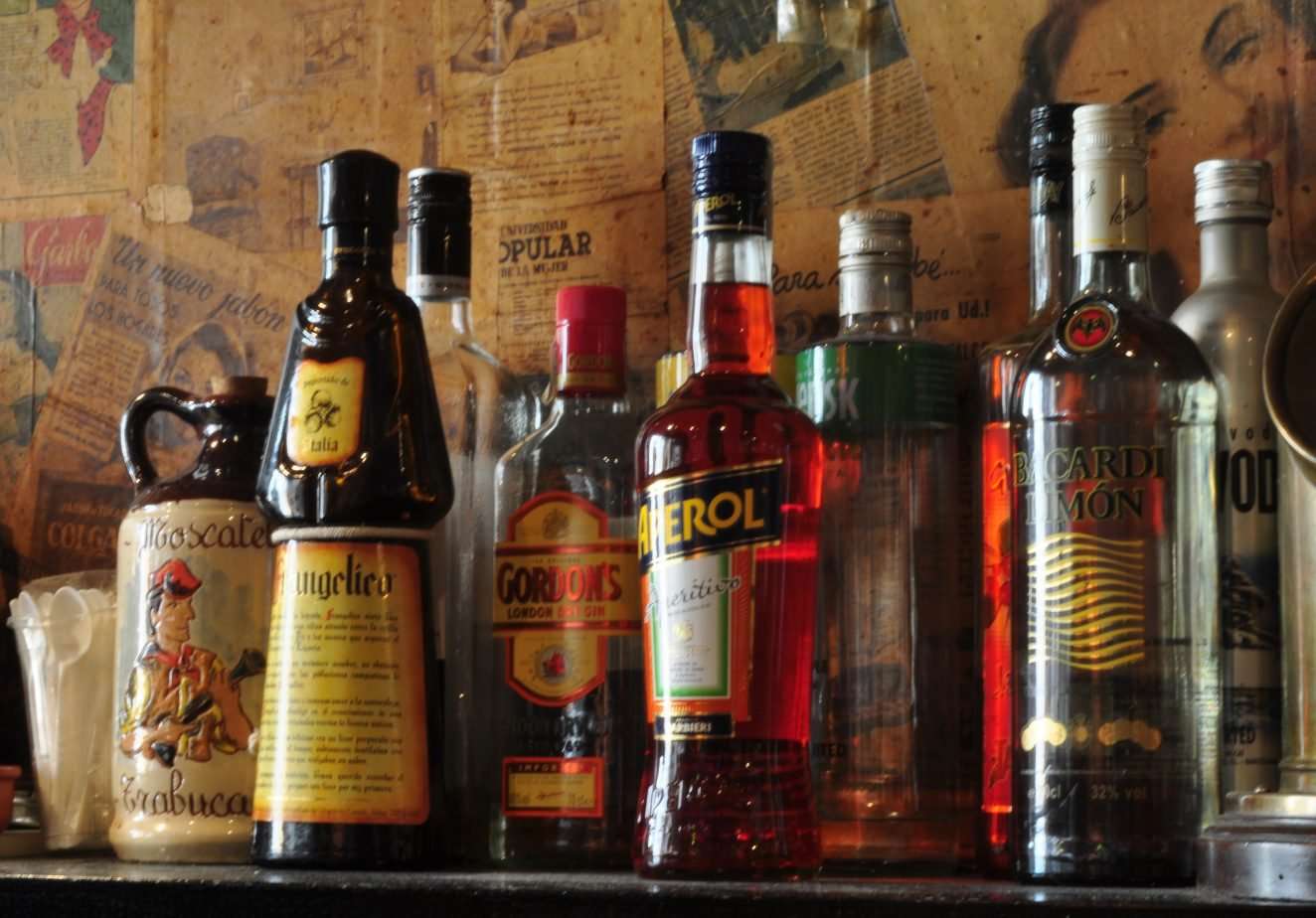A team of researchers has successfully treated disordered drinking in rats by injecting them with human stem cells. To conduct the study , the team led by Yedy Israel used rats selectively bred to prefer alcohol to water. Left to their own devices, the rats consumed the human equivalent of over one bottle of vodka every day for up to 17 weeks. 48 hours after treatment, they were drinking 90 percent less. We spoke with Israel about the work.Alcohol-use disorders are a leading cause of morbidity and premature mortality worldwide, accounting for one in ten deaths among working-age adults in countries like the United States. A treatment for alcoholism has been sought for decades. To study new therapies, we have selectively bred rats that consume the human equivalent of over one bottle of vodka every day.We discovered that in alcoholic rats, a single intravenous injection of human mesenchymal stem cells reduces chronic alcohol intake and binge drinking by 80 to 90 percent for up to one month. These cells were obtained from human fat tissue from clinical liposuctions. Mesenchymal stem cells were separated from fat cells and grown in conditions that reduce their size, facilitating an intravenous administration.Rats of the high-drinker strain were allowed access to 10 and 20 percent alcohol solutions for three to four months. They also had access to water. These rats reached consumption levels equivalent to humans drinking 700cc of pure alcohol in 24 hours. The animals were then injected with the small-sized human mesenchymal stem cells. In 48 hours, they had reduced their alcohol intake by 90 percent, and their fluid preference was reversed to drinking water.After three months of chronic drinking, the animals were completely deprived of alcohol for two weeks. At the end of this period, they were given alcohol for only 60 minutes. Typically, the animals would engage in binge-like drinking during this short period, consuming the human equivalent of about eight standard drinks. Animals that had received the small-sized mesenchymal stem cells treatment consumed much less, levels comparable to that of a social drinker.When a single dose of small-sized cells was injected intravenously, it reduced brain inflammation and the oxidative stress in the animals that had consumed alcohol chronically. Brain inflammation and oxidative stress are known to self-perpetuate each other, creating conditions which promote a long-lasting relapse risk.Normally, rats reject drinking alcohol when offered water as an alternative. Commercially available rats can be encouraged to drink by adding a sweetener and starting with low alcohol concentrations. A few rats found in these strains consume more unsweetened alcohol than others. Starting from these animals, four groups worldwide have bred rats that prefer unsweetened alcohol over drinking water. For several decades, the University of Chile has selectively bred rats that are high alcohol drinkers. These animals were used in the study.We are presently looking for clinical partners to transfer these studies to humans.Featured image courtesy of Santy Gimeno
Stem cell treatment drastically reduces drinking in alcoholic rats

forgivenfreeonfire on March 22nd, 2018 at 17:18 UTC »
I know human testing on this, ethically and legally, is down the road. But how hard would it be to cook up these stem cells and inject them?
win7macOSX on March 22nd, 2018 at 16:37 UTC »
Time for the inevitable question for scientists of r/science: is this a promising and practical approach that will work in humans, or is it unlikely to pan out?
Edited for a more upbeat tone. :-)
Nodomreaj on March 22nd, 2018 at 15:38 UTC »
Can someone explain to me how injecting stem cells works?
I imagine you cant just inject them in a vein or something?